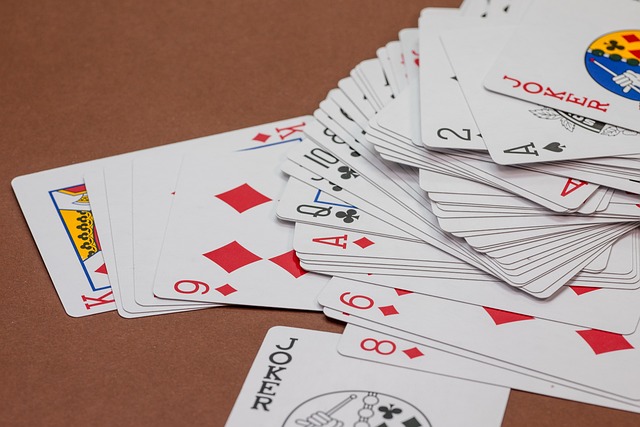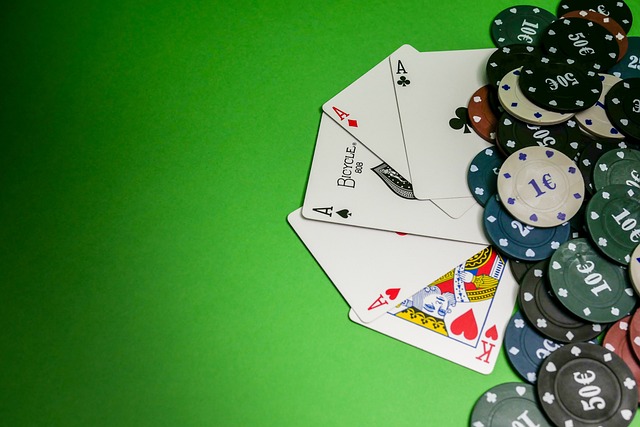People love to gamble, that’s why the gambling industry is evolving and constantly continues growing. Today you don’t even need to leave your home to enjoy the Gambling experience: Spinia and many modern casinos offer their games online and make them easily accessible for all the players. However, the digital accessibility means increased risks of gambling addiction. As entertaining and attractive gambling can be, it can be addictive, dangerous and lead to a serious disease called gambling addiction. Of course, it doesn’t mean gambling is bad and you need to quit gambling, but as a gambler, you should be aware of the possible consequences of gambling addiction.
Those affected by a gambling addiction always have good excuses at the ready for their time away from work and ongoing financial hardship. Behind this façade lies a downward spiral into a hopeless situation and a well-known dangerous gambler’s fallacy. It is the dark path to a serious addiction, the gambling compulsive disorder.
The consequences of this disease are serious: it is not uncommon for gambling addiction to lead to the loss of a job or an apartment, as well as to an almost unmanageable level of debt, which in turn can lead to separation or divorce by the partner as a consequence. The despair of high debt and loss of family can in turn lead to other forms of addiction such as alcohol and drug abuse.
The consequences of a gambling addiction can include feelings of guilt and shame, psychosomatic disorders, depression and suicide attempts, alcohol and drug abuse, family conflicts, separation and divorce, professional problems and job loss, debts and even criminal problems. Gambling addiction changes the personality of the gambler: he becomes obsessed with gambling, neglects his usual tasks, and often becomes isolated from his relatives and friends. So, this disease leads to serious dysfunction in careers, health, and relationships.
GAMBLING ADDICTION AND BRAIN

Similar to substance-related addictions, withdrawal symptoms can also occur with non-substance-related addictions, as regular gambling can affect the reward system in the brain. The thrill of challenging luck and chance in gambling releases adrenaline. Small and large wins in gambling also activate the reward system, and happy hormones are released. Affected individuals begin to suggest a sense of well-being with the experience of gambling.
If the body becomes accustomed to this, withdrawal symptoms such as inner restlessness, dissatisfaction, and, as a result, a strong desire for renewed gambling experiences can occur when taking a longer break and stopping gambling. It is therefore advisable to gradually reduce gambling behavior to “wean” the reward system off the “kick” of gambling.
To treat this disease it is important to accept this problem and seek professional help. And the best thing about it is to avoid gambling addiction and its devastating consequences.


